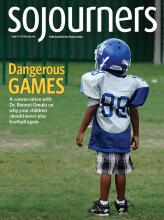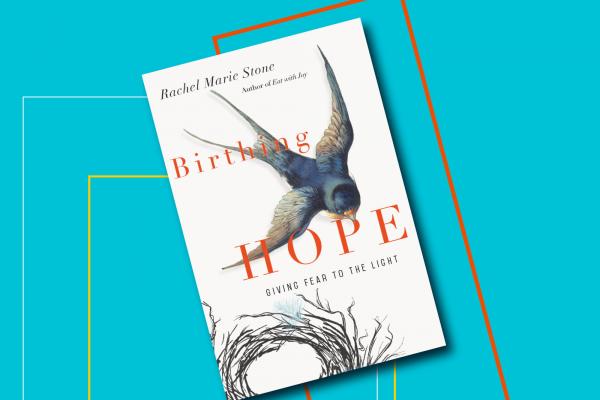IN HER LATEST BOOK, Birthing Hope: Giving Fear to the Light, Rachel Marie Stone spiritually illuminates a painstaking, sometimes isolating, and often highly medicalized event in the life of a woman. In uncovering her own journey giving birth, Stone invites us to question our understandings of pain and passage, deliverance and rebirth, illness and privilege, and theology’s long-complicated relationship to science. Stone uses her new memoir to inspire readers to comb through scripture and rediscover God as midwife.
Throughout the book, Stone includes passages from Isaiah, which “imagines God as birthing mother and midwife more than any other biblical book.” Stone notes, “Christians across the spectrum of cultural, theological, and political points of view seem equally to neglect biblical images of God as a laboring woman.” Chapter by chapter, Stone writes of labor and birth from a variety of vantage points that affirm the God closely linked to childbirth: Teenage Mary, struggling with morning sickness and at the end of her third trimester, pushing the Christ through her birth canal and into the world. A Malawian woman who must walk many miles home with her newborn strapped to her back mere hours after birthing. The Christian understanding of “being born again” as forgiveness, a fresh beginning, and as entering “into the womb of God to be born again.” Each perspective expands the reader’s understanding of rebirth through God.
Read the Full Article

